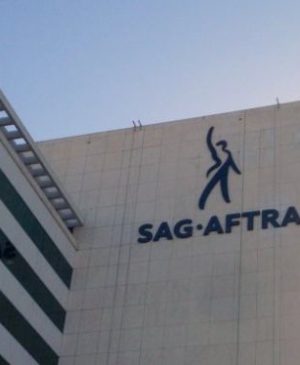Ex-Naughty Dog developers talked about heavy overtimes (also known as crunch) to COGconnected.
„So my take on crunch at Naughty Dog: The truth is more grey than black-and-white. There is no official mandate for crunch. There can be a significant amount of peer pressure, though. And that can include peer pressure from the people who are effectively your managers. Peer pressure comes from having a team of brilliant, talented, dedicated people working hard on a project together,” someone said who worked on multiple recent Naughty Dog games.
„The truth [is] they don’t tell you that you have to work X amount of hours, but you have to get your work done. And the amount of work is just impossible for any person. It is just way too much. And if you don’t hit the goals you will be fired. So I guess you don’t have much of a choice,” another developer said. „Every department’s crunch depended on necessity. A developer (programmer, artist, etc.) had more flexibility; as long as they got their work done on time they weren’t as bound as some other departments. QA, on the other hand, followed a strict schedule and not committing to [overtime] could negatively impact one’s future standing, so if you didn’t do as much [overtime] as someone else, chances were you weren’t going to be asked to return for the next [project],” someone who worked at quality assurance, said.
„Crunching felt mandatory for your job security. Also, we were paid barely above minimum wage, so again, management used the notion of making overtime pay to keep us longer. During crunch time, which lasted many months, we could be working anywhere from 60 to 80 hour weeks on average. I remember hitting 100 plus hours the final week of development on The Last of Us,” another person said. „Crunch was at the very least, covertly expected. Your performance would be dinged if you didn’t crunch. By the time we were within several months of shipping a game, the crunch was more openly encouraged by leadership,” one more source said.
„Seventy-hour weeks on average for me for months. I say all this to point out that while we weren’t told to work specific overtime, it felt implied. It also felt like I needed to be a team player with the staff animators staying until 1 AM every night. I think this is one of the biggest issues there – people keep working until 1 AM on these projects and no one from upper management seemed to make even the slightest effort to say that we shouldn’t do this. I once remember towards the end of the crunch, when everyone was struggling, the animation team got an email from one of the animation leads that basically said, and I’m paraphrasing, ‘Yeah, obviously the rumours are true. We work hard here at Naughty Dog. But just keep pushing guys! It’ll be worth it.’,” someone from the animation department said.
Not everyone is so negative, though. „People as a whole usually stayed [late] by choice. With Naughty Dog, there is a culture to strive for perfection, but I think this is more due to their history of making amazing games. I never at any point felt internal pressure, I was compelled to do so by nature of being a part of something truly amazing. On top of this, Naughty Dog as a studio took great care of its staff, with frequent catering, food trucks, and paid meals. Overall, I really enjoyed my stay there. I feel that the media overall has somewhat a false sense of what ‘crunch’ periods entail, and why they exist. Studios like Naughty Dog are full of very talented individuals that simply want to make a great game. You can certainly join ND and work eight hour days, but since people around you are putting in so much effort, you can’t help feel compelled to do what you can so their efforts aren’t limited by you,” said a developer who worked on Uncharted 4 for several months.
„You are surrounded by talented, passionate, people who focus on making the best possible product and you become inspired by that to devote all of your time and energy into your work. This is not to say that this is a healthy process, but I think how much someone is ‘forced’ to work is up to the individual. Working more than 60 hours was optional, the developers in other departments were empowered to set their own schedules [while] QA schedules were set by the department leads,” a source who worked at Q&A said.
Good work should be paid properly and overworking someone with no reward will lead nowhere.
Source: WCCFTech
















Leave a Reply